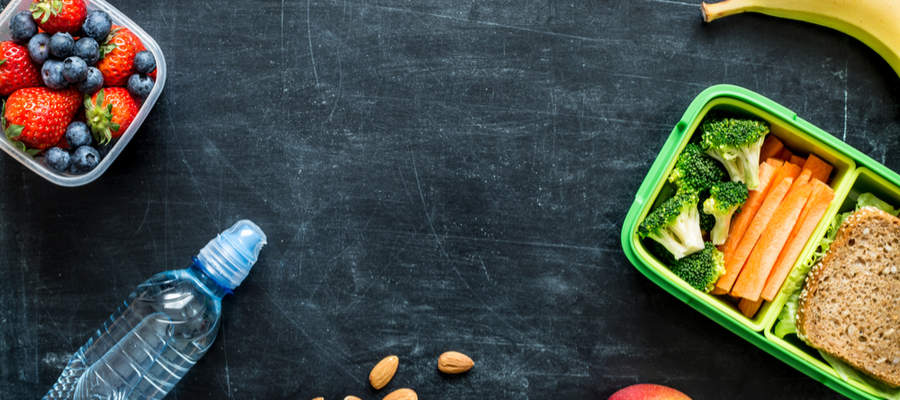
Research published by the Child Poverty Action Group (CPAG) showed children in low-income families suffer social exclusion and a sense of shame due to not having enough food to eat.
Many of these children do not qualify for free school meals and if they do the lunches can be too little for teenagers, some children will not eat the whole day due to their families having no recourse to public funds (NRPF) because of their parents’ immigration status.
The University College London study, Living Hand to Mouth: Children and Food in Low-income Families, features 51 children from low-income families in south-east England who describe their experiences of food at home, school and in social settings. The interviews offer a rare insight into the lives of the children that are experiencing food poverty. Some of the children said how schools identify the children on free school meals by restricting the food options they can have. Around a quarter of the 51 children went hungry at times despite sacrifices by their parents and just over half did not have money to spend on food with their friends.
One 15-year-old whose family has NRPF told researchers: “When I’m hungry I just can’t concentrate, it’s really, really hard for me to do that … so I just need to make my mind up and know that I will eat after five hours, seven hours when I get home [from school].”
Another said: “It’s embarrassing, yeah, you have no money on your card and then you just watch them eat.
“Sometimes you don’t have enough energy, you cannot cope in the classroom so you have to try and rest a bit. You just put your head on the table and you end up falling asleep in the classroom and you get in trouble for it.”
Co-author Rebecca O’ Connell said: “Food poverty and its effects on children’s and young people’s physical and emotional wellbeing is a matter of grave concern. In the face of piecemeal responses and government neglect, the outlook is set to remain bleak.
“To tackle the food poverty of children and families, the government should make use of research on budget standards to ensure that wages and benefits, in combination, are adequate for a socially acceptable standard of living and eating, which recognises the fundamental role of food in health and social inclusion.”
Alison Garnham, CPAG chief executive, added: “The young people in this study make the case for universal free school meals more powerfully than anyone else could. Their hunger, their shame, their sense of being cut off from learning and social opportunities – all because parents can’t afford enough food – are appalling in a society that believes every child matters.”